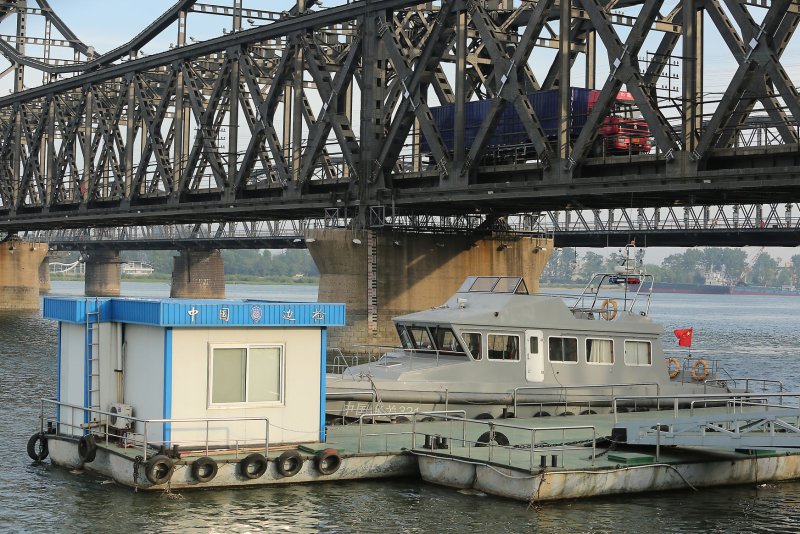SEOUL, July 13 (UPI) -- Unification of the two Koreas could bring about great changes, including the transformation of the corridor between Seoul and Pyongyang into northeast Asia's largest marketplace.
In a report released by South Korea's economic policy think tank Korea Development Institute, researcher Lee Seok said a new and powerful economy could emerge -- but at a significant cost, South Korean news agency Yonhap reported.















